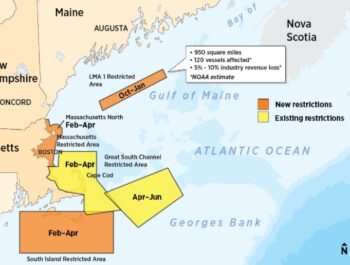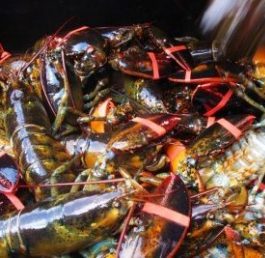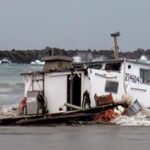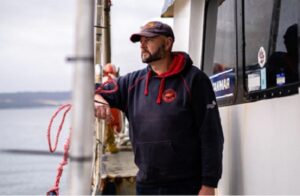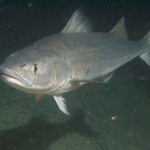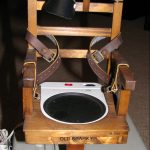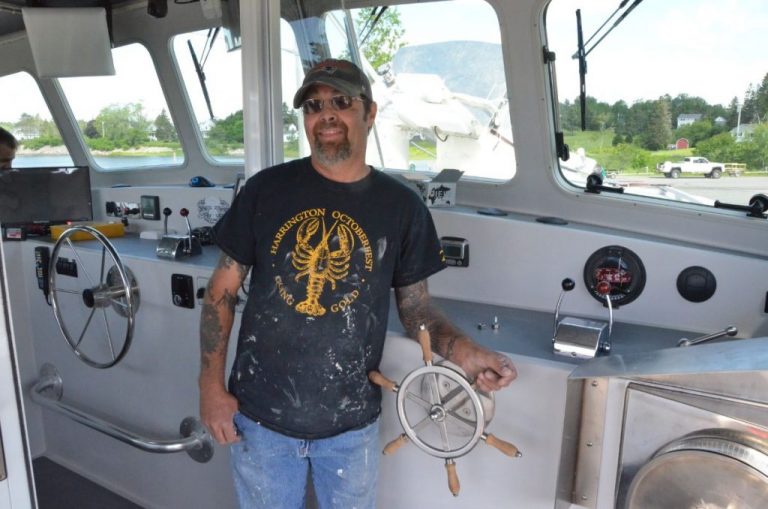Tag Archives: new rules
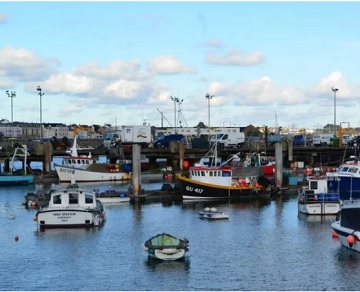
New rules to tackle unlicensed commercial fishing in Guernsey
Regulations have been changed to protect commercial fishermen from unlicensed competition. It brings Guernsey in line with the UK. The States said it was important for the “ongoing viability and sustainability of the local industry”. Unlicensed fishermen will now be prevented from circumventing fishing rules following changes to regulations. Deputy Neil Inder, of the Committee for Economic Development, said it would stop “unfair competition”. The States says licensed commercial fishermen adhere to controls such as those relating to undersized fish and other species. >click to read< 12:21
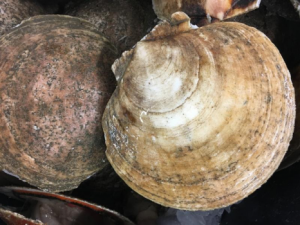
New rules for scallop fishery scheduled to take effect April 1 in Northern Gulf of Maine
A Feb. 17 presentation on upcoming changes to Northern Gulf of Maine scallop fishery management drew a number of New England fishermen to listen to scallop leaders from the New England Fishery Management Council and NOAA. The biggest change for scallop fishermen is that vessels fishing in Northern Gulf of Maine waters will be required to take industry-funded scallop observers on board when selected to do so. Additionally, a portion of Stellwagen Bank in Massachusetts Bay will open for scallop fishing. >click to read< 10:14
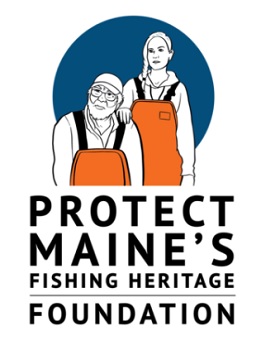
Protect Maine’s Fishing Heritage Foundation: A Statement on Today’s NOAA Right Whale Decision
Protect Maine’s Fishing Heritage Foundation calls on state and federal authorities to do all they can to change the decision handed down by the National Oceanic and Atmospheric Administration’s (NOAA) Atlantic Large Whale Take Reduction Plan today. “This is incredulous. Maine lobstermen and women are not killing right whales. Why would you penalize an iconic Maine industry for the sake of being able to say you are saving right whales? It’s like cutting off an arm when it’s the foot that is the problem and pretending you have fixed the problem. This industry is under fire from every direction – right whales and large industrial aquaculture. The whale deaths are not in Maine nor at the hands of Maine lobstermen.” >click to read< 13:15
Fed Lobster Rules Call For Seasonal Closures Off Maine, Weak Rope To Help Protect Right Whales
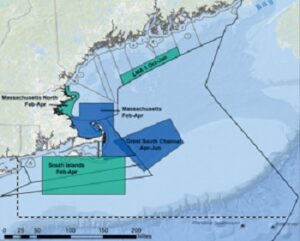 Federal regulators on Tuesday morning issued new rules for lobster and other trap-pot fisheries that aim to protect endangered North Atlantic right whales from harmful entanglements. The new rule includes a seasonal closure of a large area of fishing grounds dozens of miles off Maine’s midcoast, requires the use of weak “breakaway” rope and increases the number of traps that must be used per line, thus reducing the overall amount of rope in the water. >click to read< 13:00
Federal regulators on Tuesday morning issued new rules for lobster and other trap-pot fisheries that aim to protect endangered North Atlantic right whales from harmful entanglements. The new rule includes a seasonal closure of a large area of fishing grounds dozens of miles off Maine’s midcoast, requires the use of weak “breakaway” rope and increases the number of traps that must be used per line, thus reducing the overall amount of rope in the water. >click to read< 13:00
A Statement from Protect Maine’s Fishing Heritage Foundation – >click to read<
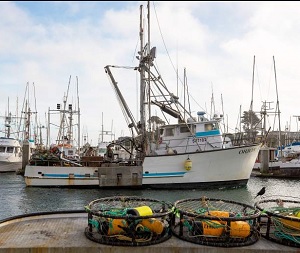
New rules for California Dungeness crab fleet
The California Department of Fish and Wildlife on Friday unveiled a batch of complex new rules designed to reduce the risk to endangered whales and sea turtles of becoming entangled in commercial Dungeness crab fishing gear. The draft regulations are set to be finalized before the next commercial season starts in November after a period of public review. Among the provisions are options to restrict fishing in certain depths, require crabbers to set only a share of the traps for which they’re permitted or limit intervention to any of six newly established geographic zones, rather than the larger Northern and Central California management districts that currently exist. >click to read< 09:14
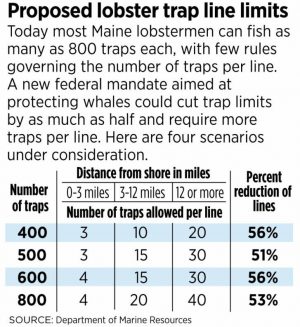
New rules are meant to save whales; lobstermen wonder if they’ll survive
The state Department of Marine Resources has until September to come up with a way that it can cut the number of buoy lines in the Gulf of Maine by 50 percent. Federal regulators say that’s what it will take to reduce the risk of fatal entanglement enough for the species to survive. Scientists estimate only 411 right whales remain. The species has been on the brink of extinction before, most recently in 1992, when its population bottomed out at 295. It rebounded to about 500 in 2010, but low calving rates, ship strikes and fishing line entanglements have sent its numbers tumbling, yet again. But many in Maine’s $485 million industry worry it is the lobsterman who will face extinction,,, >click to read<10:28
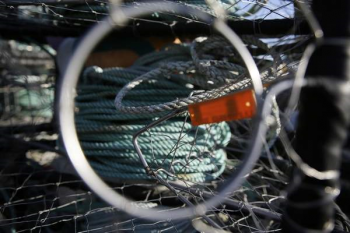
Oregon Fish and Wildlife Commission adopts new rules for Dungeness crab
Harmful algal blooms complicated commercial Dungeness crab seasons on the Oregon Coast for the past three seasons, threatening the viability of the state’s most valuable fishery.,,The new rules outline evisceration protocols that go into place when levels of the naturally occurring marine toxin domoic acid spike. The toxin can accumulate at high levels in a crab’s guts, but remove the guts and the meat is still safe to eat. The rules also establish 12 distinct crabbing zones on the Oregon Coast, narrowing the areas that can be closed or opened at any given time. >click to read<22:42
New rules aim to boost herring supply prized as lobster bait
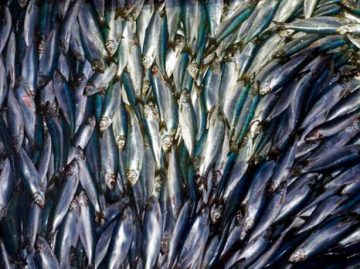 The Atlantic States Marine Fisheries Commission adopted many of the same measures that Maine implemented last year to try to “stretch out” the limited quota of inshore Atlantic herring into late summer, when lobster boat captains in Maine, New Hampshire and Massachusetts are clamoring for what many fishermen say is the best, and formerly cheapest, kind of lobster bait. The commission voted to allow regulators to set weekly herring quotas, to limit fishing to certain days of the week, and to give the three states that regulate the inshore herring fishery in the southern Gulf of Maine the ability to limit or ban the use of so-called “carrier vessels” that transfer herring landed by a licensed boat so it can keep fishing instead of heading back to port to unload its haul. click here to read the story 08:35
The Atlantic States Marine Fisheries Commission adopted many of the same measures that Maine implemented last year to try to “stretch out” the limited quota of inshore Atlantic herring into late summer, when lobster boat captains in Maine, New Hampshire and Massachusetts are clamoring for what many fishermen say is the best, and formerly cheapest, kind of lobster bait. The commission voted to allow regulators to set weekly herring quotas, to limit fishing to certain days of the week, and to give the three states that regulate the inshore herring fishery in the southern Gulf of Maine the ability to limit or ban the use of so-called “carrier vessels” that transfer herring landed by a licensed boat so it can keep fishing instead of heading back to port to unload its haul. click here to read the story 08:35
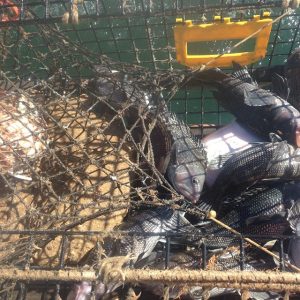
Connecticut Congressional Members Urge Lobster Regulators To Consider Impact of New Rules on Lobstermen
Connecticut’s remaining lobstermen should be heard before regional fishing regulators decide on a new plan to try and restore Long Island Sound’s lobster population, members of Connecticut congressional delegation urged Wednesday. Five members of the delegation signed a letter to the Atlantic States Marine Fisheries Commission asking that they get more feedback from Connecticut lobster operations before approving a final lobster management plan. Long Island Sound’s lobster population crashed in 1988-89. Marine scientists believe that climate change,,, Some Connecticut lobstermen argued that the dramatic population decline coincided with the widespread use of a particular pesticide used by Connecticut and New York to combat mosquitoes carrying the West Nile virus. click to read the story here 17:43
New rules, no-fishing zone for Biscayne National Park
 Commercial fishermen worry that restrictions will place pressure on other areas, particularly the Keys, said Bill Kelly, executive director of the Florida Keys Commercial Fishermen’s Association. That plan, which proposes banning commercial fishing as well as increased limits on catch size and number,,, The state of Florida opposes the ban on commercial fishing in that proposal. Read the rest here 13:45
Commercial fishermen worry that restrictions will place pressure on other areas, particularly the Keys, said Bill Kelly, executive director of the Florida Keys Commercial Fishermen’s Association. That plan, which proposes banning commercial fishing as well as increased limits on catch size and number,,, The state of Florida opposes the ban on commercial fishing in that proposal. Read the rest here 13:45
Maine’s new elver rules will delay season start until April
 Jeff Nichols, spokesman for Maine Department of Marine Resources, said Tuesday that because of the time needed to work out the logistics of the new measures, the season is not expected to start until April 5. Read more here 16:36
Jeff Nichols, spokesman for Maine Department of Marine Resources, said Tuesday that because of the time needed to work out the logistics of the new measures, the season is not expected to start until April 5. Read more here 16:36






